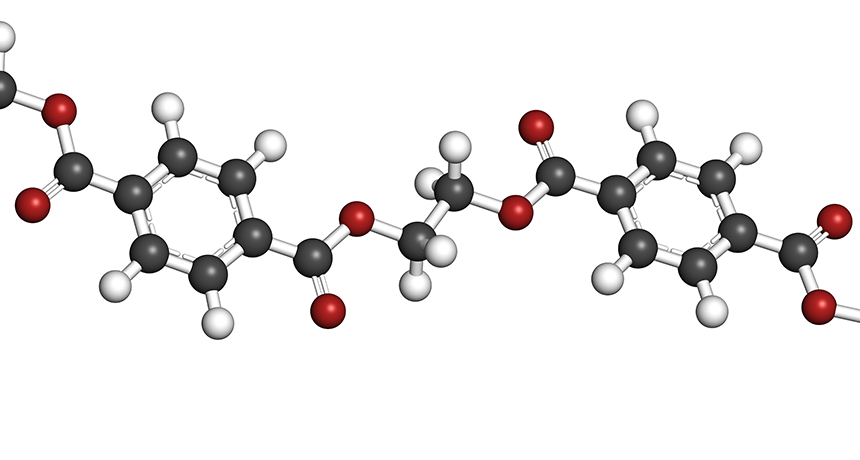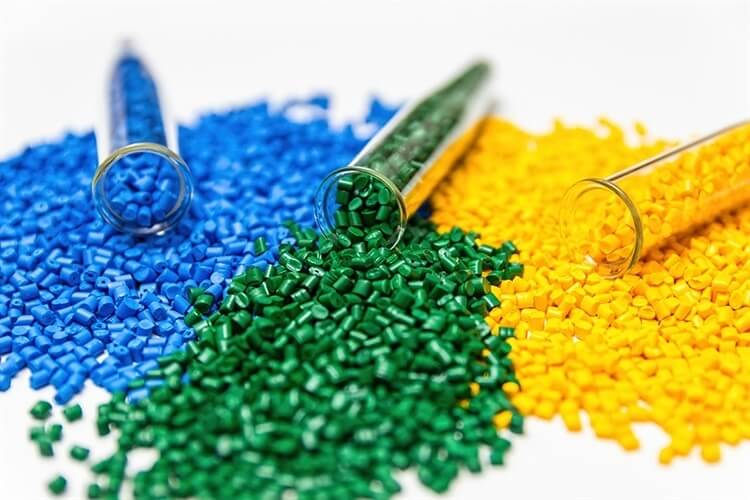Maximizing the Possible of Polymers: Discover the Multifaceted Benefits and Practical Utilizes
In the vast landscape of material science, polymers attract attention as flexible substances that have actually penetrated nearly every aspect of modern-day life. Their application spans different industries, from production and building to medical care and innovation. The complex benefits and sensible uses polymers proceed to evolve, using innovative options to complex difficulties. By discovering exactly how polymers can improve product toughness, drive sustainability initiatives, reinvent healthcare options, and lead the way for future technical innovations, we can uncover a world of possibilities waiting to be taken advantage of.
Relevance of Polymers in Modern Industries
Polymers play a critical function in modern-day industries, acting as versatile materials that drive development and effectiveness across a vast array of fields. These intricate particles, made up of duplicated subunits, have actually changed sectors such as auto, aerospace, electronics, medical care, and more. In the automotive sector, polymers have actually made it possible for the growth of light-weight yet resilient components, enhancing fuel efficiency and total efficiency. Aerospace markets depend on polymers for their high strength-to-weight ratio, essential for aircraft and spacecraft construction. The electronics sector take advantage of the protecting residential properties of polymers, necessary for producing circuit boards and electronic tools (Polymers). Furthermore, polymers are extensively made use of in the medical care market for drug distribution systems, medical tools, and biocompatible materials. Their adaptability, durability, and cost-effectiveness make polymers indispensable in modern-day production processes, fostering advancements and driving progress in various industries worldwide. Accepting the potential of polymers is vital to unlocking additional technologies and resolving the evolving requirements these days's commercial landscape.
Enhancing Item Durability With Polymers
With a concentrate on durability and resilience, integrating innovative polymer technologies into product style has actually become a cornerstone of enhancing longevity in modern manufacturing processes. Polymers use a wide variety of homes that add to the overall longevity of items. One vital advantage is their resistance to corrosion, chemicals, and weathering, making them optimal for use in different markets where direct exposure to harsh conditions prevails.
Furthermore, polymers can be tailored to meet particular sturdiness demands, allowing producers to personalize products according to their intended use and anticipated life expectancy. By integrating polymers right into product elements, producers can improve stamina and impact resistance, decreasing the likelihood of damage or wear in time.
Furthermore, polymers are lightweight yet sturdy, giving longevity without including unneeded weight to products. This particular is particularly advantageous in industries such as aerospace and automobile, where lightweight products are crucial for boosting gas effectiveness and total performance.
Sustainability Advancements Via Polymer Technology
In the world of modern production and product style, the innovative application of polymers is driving significant developments in sustainability techniques. Polymer advancement plays a crucial role in improving sustainability by offering remedies that reduce ecological influence across numerous industries. One crucial element where polymers stand out is in making it possible for the growth of lightweight yet sturdy products that contribute to fuel performance in transport and lower total power usage. Furthermore, the recyclability and biodegradability of specific polymers even more promote sustainable methods by reducing waste and pollution.
Additionally, developments in polymer technology have actually resulted in the production of bio-based and eco-friendly polymers, originated from natural sources such as plants, that provide an even more image source sustainable choice to traditional petroleum-based plastics. These environment-friendly polymers not just help in reducing reliance on fossil gas yet also decrease greenhouse gas emissions during production. By integrating these ingenious polymers into making procedures, firms can reduce their ecological footprint and check my reference relocate in the direction of more sustainable techniques, aligning with worldwide efforts to fight environment adjustment and promote a round economy.
Polymers in Health Care: Revolutionizing Medical Solutions

One of the key locations where polymers are making considerable strides is in the development of targeted medicine distribution systems. By enveloping medications within polymeric nanoparticles or micelles, scientists can enhance medicine security, boost bioavailability, and make it possible for regulated launch, causing extra efficient treatment routines with reduced adverse effects.
In addition, polymers contribute in the area of regenerative medicine, where they are made use of to develop scaffolds that resemble the extracellular matrix, offering assistance for cell growth and tissue regeneration. This innovation holds immense guarantee for fixing damaged organs, promoting wound recovery, and progressing customized medication methods.
Fundamentally, the assimilation of polymers in health care is driving technology, improving treatment efficiency, and eventually boosting visit site patient end results in means formerly assumed unattainable.
Future Applications and Advancements in Polymer Modern Technology
Advancing at the leading edge of scientific discovery, polymer innovation continues to lead the way for groundbreaking applications and innovations shaping diverse markets. In the world of lasting packaging, biodegradable polymers are acquiring grip as ecologically friendly options to traditional plastics. These polymers break down naturally, minimizing the ecological effect of single-use items. In the area of electronic devices, conductive polymers are changing wearable innovation and flexible electronic devices. Their unique residential properties enable the growth of elastic circuits and sensing units, enabling brand-new opportunities in health care monitoring and smart clothing. Furthermore, polymer nanocomposites are boosting the mechanical and thermal residential or commercial properties of products, leading to more powerful and lighter parts in aerospace and automotive markets. Looking in advance, researchers are exploring the capacity of shape-memory polymers for applications in robotics and biomedical devices, where products that can "remember" and return to their original shapes offer exciting opportunities for advancement. As polymer modern technology continues to evolve, the future holds countless opportunities for groundbreaking improvements across different industries.
Verdict
